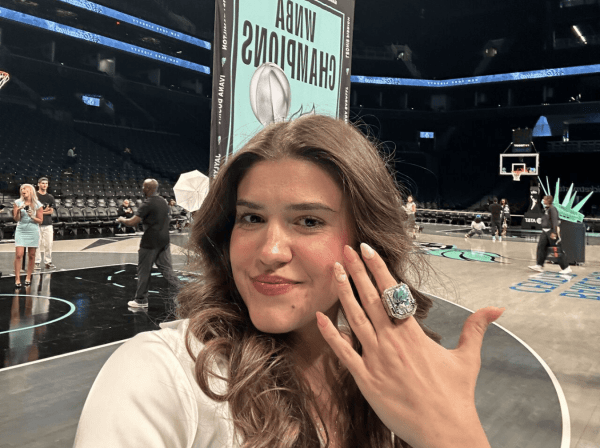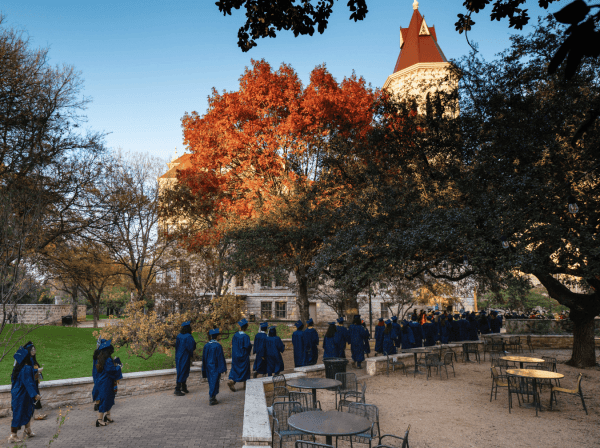Bill Kennedy: A Hilltop Legend
For over 30 years, Professor of Photocommunications Bill Kennedy has inspired students to find success not just as photographers but also as art historians, stylists, fashion designers and even lawyers. Here, he explains his teaching philosophy, his passion for art — and how photography prepares you for life.
Falling in Love with Photography
I share this story with my students all the time. I had a lot of trouble in undergraduate school because I really didn't know what I wanted to be when I grew up. Believe it or not, I went through seven majors. During my final year as an Architecture major, my dad sent me a 35-millimeter camera. He was in Vietnam at the time. About two weeks into my first photography class, I knew that I’d finally found what I wanted to do. Photography has been the constant for me in my adult life. It's the thing that formed everything else.
Applying Photography to Life
At some point, students begin making personal connections between the skill processes they are learning and want to master in photography (such as working with cameras, printing, digital imaging, etc.) and their own aesthetic growth. The importance and value of becoming self-aware about process isn't limited to photography. It can reveal itself through any discipline. Photography, and arts and crafts in general, do this well because students involve themselves in actually making things. The more the body and mind are engaged and untangled, the better.
If you engage that process, it will teach you to be honest with yourself, to get in touch with who you are, and it will literally help you make the decisions you need to make. You become self-aware, self-conscious. You start to identify what the real questions are. I think that is the underpinning. That’s the foundation for our students’ success. I'm a process guy. I really believe in process. I am by nature disorganized, and photography has taught me how to deal with that.

His Hopes As A Professor
It may sound a bit Pollyanna-ish, but I have never viewed what we do here as being about photography. It's about preparing students for what's going to come next, whether they go into photography professionally or not. Whether they get jobs in other fields — we've had Photocommunications alumni go on to succeed as doctors and lawyers — or just become the best parent they can. Obviously we give them a solid Photocommunications education and a massive amount of career training, but it’s more than that.
What Teaching is All About
The science of teaching is planning and curriculum and pedagogy and PowerPoints and handouts, but that’s not what teaching’s about. Teaching is about conversations. It's about relationships. This is the art of teaching, not the science. It’s not discussed or celebrated the way it should be; we’d rather talk about how to construct a syllabus. But this is what matters most, and a lot of my colleagues are good at this. We’re lucky we have the ability to create these relationships over time and work with our students for the full four years.


